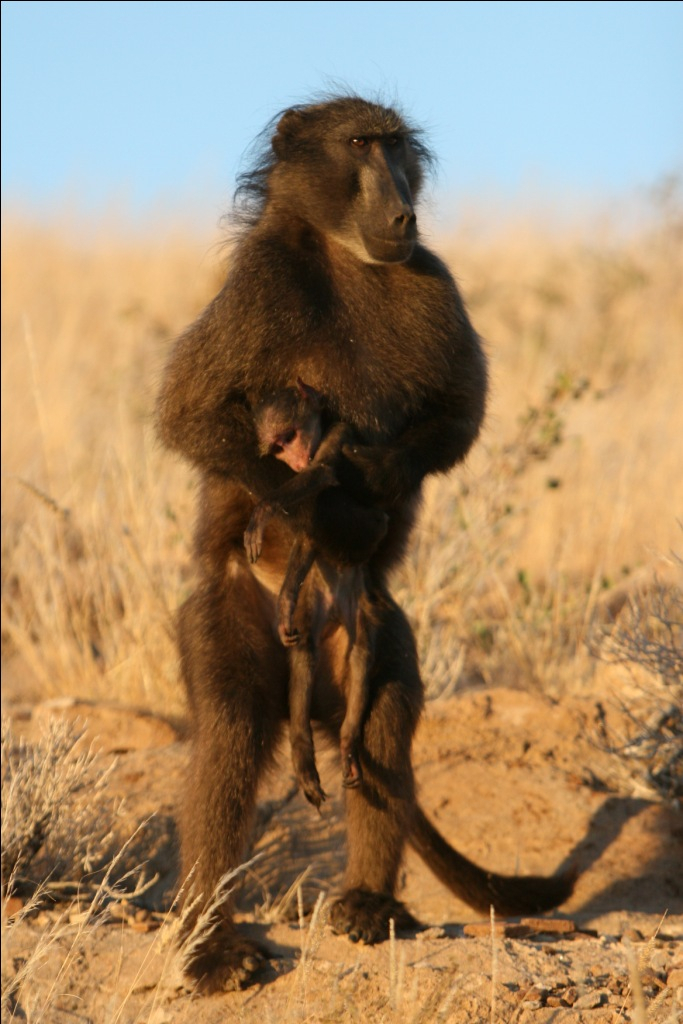Baboons' mothers carry their dead infants for around 10 days, according to a recent study by UCL and the University of Montpellier.
Just like humans, Chacma baboons also live in male and female linear hierarchies but in larger groups. In the Namibia desert, baboon mothers carry their dead infants for around three to four days.
Dr Alecia Carter, lead author, said: "We are not suggesting that the mothers are unaware that their infants are dead, but there is such strong selection on mother-infant bond formation that, once formed, the bond is difficult to break. It's less clear why only some mothers carry or protect their dead infant, but I suspect that a range of factors influence this behaviour."

Researchers believe that some of the possible hypotheses for this can be:
- Grief-management- This suggests that mothers carry their dead infants to deal with their emotional loss.
- Social bond- Under this, mothers carry their dead infants because of the intense social bond the mother and the infant share during life.
- Unawareness- Under this, the mother lacks cognitive ability to differentiate between dead and unresponsive but alive. And they continue their behavior towards infants in case their unresponsiveness recovers.
Primate mothers treat the dead infants differently as compared to live ones. Dead infants are carried by limbs or dragged which is never done with live infants.
Dr Carter said: "Other primates have been observed carrying their dead infants for much longer periods of time. Chimps and Japanese macaques for example have been observed carrying infants for over a month. However, Chacma baboons travel much longer distances on an average day and the desert environment is harsh, making it costly for a mother to carry her infant for long periods."
What does the father do?
The researchers also observed that the fathers of dead infants protect them by threatening observers who come close. They also groom the infant while the mother is not around. "This is quite surprising behaviour, because it has rarely been reported by previous studies. Male baboons are not usually very paternal, but they regularly protect their infant from threats, especially from infanticidal attacks. That is where a male baboon kills another male's offspring in order to mate with the mother," said Dr Elise Huchard, one of the authors of the study.









